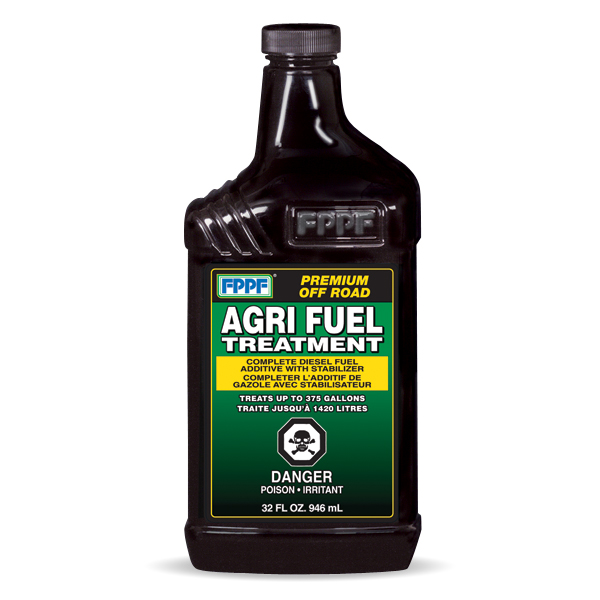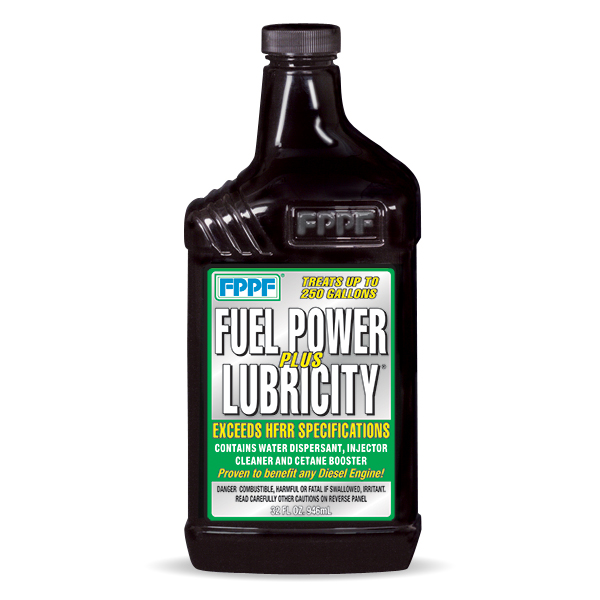fuel additive Company

Why Fuel Treatments are a Must-Have for Every Driver
Fuel treatments are a crucial part of maintaining a healthy and efficient vehicle. Every driver should consider using fuel treatments to help improve their vehicle’s performance and prevent costly repairs. Fuel treatments are specially formulated to clean and protect your vehicle’s fuel system, allowing it to operate at peak performance. In this blog post, we will discuss why fuel treatments are a must-have for every driver, outlining the benefits of using fuel treatments, how to choose the right treatment for your vehicle, and the environmental benefits of fuel treatments. Whether you drive a car, truck, motorcycle, boat, or airplane, using a fuel treatment can help extend your vehicle’s life and ensure that it operates smoothly and efficiently.
Why Every Driver Needs to Use Fuel Treatments Regularly
Regular fuel treatments are essential to maintaining your vehicle’s health and performance. Fuel treatments are additives that are mixed with fuel to improve their quality and effectiveness. They can help clean, lubricate, and protect your engine, ensuring it runs smoothly and efficiently.
Here are some reasons why every driver needs to use fuel treatments regularly:
- Improve fuel efficiency: Fuel treatments help to keep your engine clean and free from debris and deposits that can hinder its performance. This can help to improve your fuel efficiency, saving you money on gas in the long run.
- Protect your engine: Fuel treatments contain additives that can help to lubricate and protect your engine from wear and tear. This can help extend your engine’s life and prevent costly repairs down the line.
- Prevent fuel system problems: Regular use of fuel treatments can help to avoid issues with your fuel system, such as clogged fuel filters, fuel injectors, and carburetors. This helps ensure that your engine runs smoothly and avoids breakdowns.
- Reduce emissions: Fuel treatments can help to reduce harmful emissions from your vehicle, making it more environmentally friendly. This is especially important for drivers concerned about their carbon footprint and who want to minimize their environmental impact.
- Maintain engine performance: Regular fuel treatments can help maintain your engine’s performance and prevent issues such as rough idling, hesitation, and stalling. This helps ensure that your vehicle runs smoothly and reliably.

The Environmental Benefits of Fuel Treatments for Your Vehicle
Using fuel treatments in your vehicle can offer several environmental benefits. Fuel treatments are designed to improve the quality and effectiveness of your fuel, which can help to reduce harmful emissions and minimize your carbon footprint. Here are some of the ways that fuel treatments can benefit the environment:
- Reduced Emissions: Fuel treatments can help to reduce emissions from your vehicle by improving the combustion process. They contain detergents and other additives to clean your engine’s components, ensuring they function optimally. This can help reduce the number of harmful pollutants released into the environment.
- Improved Fuel Efficiency: Fuel treatments can help to enhance your vehicle’s fuel efficiency by removing deposits and buildup in the engine. This can help reduce the amount of fuel required to power your car, resulting in fewer emissions and a smaller carbon footprint.
- Prevents Pollution from Fuel System Failures: Using fuel treatments regularly can help to prevent fuel system failures such as clogged fuel filters, fuel injectors, and carburetors. This can reduce the risk of fuel leakage and spills, which can cause pollution and harm the environment.
- Increased Lifespan of Your Vehicle: Regular fuel treatments can help extend your vehicle’s lifespan. This can reduce the need to manufacture new cars, reducing the carbon footprint associated with vehicle production and disposal.
- Renewable and Biodegradable Options: Some fuel treatments are made from renewable and biodegradable materials, which can further reduce their environmental impact. These fuel treatments can be broken down naturally, reducing waste and pollution.
Understanding the Science Behind Fuel Treatments
Fuel treatments are designed to improve the quality and effectiveness of the fuel used in vehicles by adding certain chemicals and compounds to them. These treatments improve combustion and reduce the buildup of deposits and other contaminants that can clog fuel injectors and cause other engine problems. Here is an overview of the science behind fuel treatments:
- Detergents: Fuel treatments contain detergents that help to clean your engine’s components. These detergents are typically made from surfactants, molecules that can bond with water and oil. When added to fuel, these molecules can help to break down and remove deposits and other contaminants, preventing them from clogging fuel injectors and other engine components.
- Lubricants: Fuel treatments also contain lubricants that can help to reduce friction between engine components. This can improve engine performance, increase fuel efficiency, and reduce wear and tear on the engine.
- Antioxidants: Fuel treatments can also contain antioxidants, which can help to prevent the formation of deposits and other contaminants in the engine. These compounds can also help stabilize the fuel and prevent it from breaking down over time, ensuring that it remains effective and safe.
- Corrosion Inhibitors: Fuel treatments can also contain corrosion inhibitors that can help to protect engine components from rust and other forms of corrosion. These compounds can form a protective barrier on metal surfaces, preventing them from coming into contact with water and other corrosive substances.
- Octane Boosters: Some fuel treatments contain octane boosters, which can help improve combustion by increasing the fuel’s octane rating. This can improve engine performance, increase horsepower, and reduce engine knocking.

Fuel Treatments for Different Types of Vehicles: What You Need to Know
Fuel treatments can be used for vehicles, including cars, trucks, motorcycles, boats, and airplanes. However, it’s important to understand that not all fuel treatments are created equal and that certain treatments may be better suited for specific types of vehicles. Here’s what you need to know about fuel treatments for different types of vehicles:
- Cars: Fuel treatments for cars are typically designed to clean fuel injectors, remove deposits, and improve fuel efficiency. These treatments may also contain anti-corrosion additives to protect the fuel system from rust and other forms of corrosion. Look for fuel treatments compatible with your vehicle’s make and model and recommended by your vehicle’s manufacturer.
- Trucks: Fuel treatments for trucks may be designed to address specific issues related to heavy-duty diesel engines, such as reducing emissions, improving fuel efficiency, and preventing engine wear. Look for fuel treatments that are formulated for use in diesel engines and that are recommended by your vehicle’s manufacturer.
- Motorcycles: Fuel treatments for motorcycles may be designed to address issues specific to small engines, such as preventing ethanol buildup, reducing engine knocking, and improving fuel efficiency. Look for fuel treatments compatible with your motorcycle’s engine type and recommended by the manufacturer.
- Boats: Fuel treatments for boats may be designed to address issues related to marine engines, such as preventing corrosion, reducing emissions, and improving fuel efficiency. Look for fuel treatments formulated for use in marine engines and recommended by the manufacturer.
- Airplanes: Fuel treatments for airplanes may be designed to address issues related to high-altitude flying, such as reducing engine icing and preventing fuel system contamination. Look for fuel treatments formulated for use in aviation fuel and recommended by your aircraft’s manufacturer.
How to Choose the Right Fuel Treatment for Your Vehicle
Choosing the right fuel treatment for your car can be daunting, as many options are available. However, selecting the right fuel treatment is important to ensure your car’s engine runs smoothly and efficiently. Here are some tips to help you choose the right fuel treatment for your vehicle:
- Identify the problem: First, you need to identify the specific problem you are experiencing with your car’s engine. Are you noticing decreased fuel efficiency, engine knock, or deposits in your fuel system? Different fuel treatments are designed to address different issues, so it’s important to choose one formulated to address your specific problem.
- Check the compatibility: Fuel treatments are developed for use with specific types of engines and fuel systems. Before purchasing a fuel treatment, ensure it is compatible with your car’s make and model. You can typically find this information on the product label or by contacting the manufacturer.
- Consider the type of fuel: Fuel treatments are designed to work with different fuel types, such as gasoline or diesel. Make sure that you choose a fuel treatment appropriate for your car’s fuel.
- Read product labels: Read the product label carefully to determine the ingredients in the fuel treatment. Look for a fuel treatment that contains detergents to clean your fuel system, lubricants to reduce friction between engine components, and anti-corrosion agents to protect your fuel system from rust and other forms of corrosion.
- Consider your driving habits: Finally, consider your driving habits when choosing a fuel treatment. If you frequently drive in stop-and-go traffic, choose a fuel treatment that addresses deposits in your fuel system. If you drive long distances, choose a fuel treatment that improves fuel efficiency.
Conclusion
In conclusion, fuel treatments are an essential component of vehicle maintenance that every driver should consider using. FPPF Chemical Company offers a range of high-quality fuel treatments designed to clean and protect your fuel system, improve fuel efficiency, and reduce harmful emissions. By using fuel treatments regularly, you can help extend your vehicle’s life, reduce the risk of costly repairs, and minimize your impact on the environment. With the wide range of benefits that fuel treatments offer, there’s no reason not to make them a regular part of your vehicle maintenance routine.
